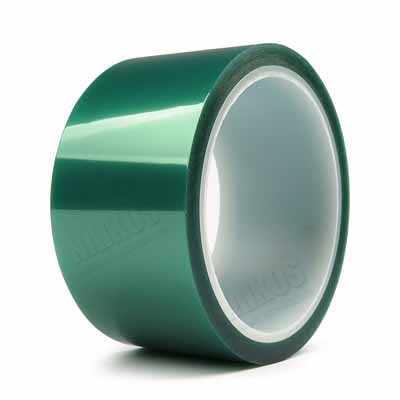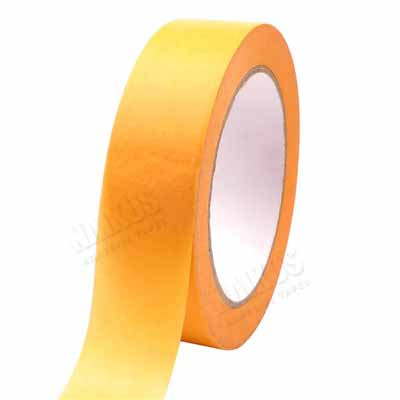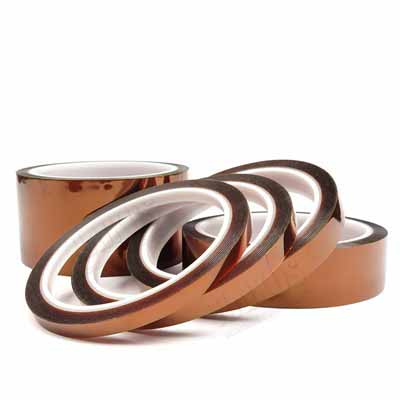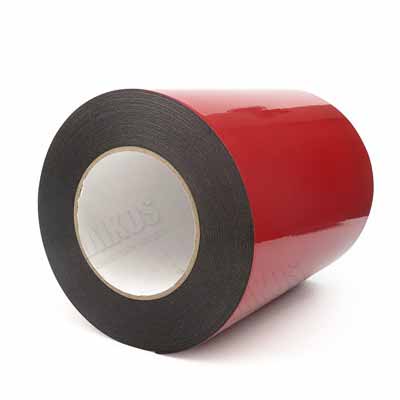Aluminum foil adhesive tape is a popular material used for a wide range of purposes, including adhering appliances and heat-insulating pipelines. It can also be used in construction and other applications where a strong adhesive bond is required. It has several advantages, including its ease of application and energy conservation.
It is a durable, heat and vapor-reflective material, and it conforms to irregular surfaces. This makes it a popular choice for applications such as air conditioning, insulation, and anti-corrosion. The tape can also be used as a shield for piping and ducts.
Foil tapes are available in a variety of materials, including copper and aluminum. They feature an adhesive with excellent adhesion and conformability. They also offer UV protection and are temperature-resistant. Some even come with a lining or protective film. This is perfect for sealing pipes, cables, and other sensitive components.
Another benefit of aluminum foil adhesive tape is its versatility. It works well in a range of temperatures, including -22degF. It is also resistant to aging and rust. It is also waterproof and flame-retardant. It is also non-reactive, making it ideal for use in a wide range of applications.
Foil tapes with silicone adhesives may be used in a wide variety of applications, including HVAC and refrigeration. The adhesives used in HVAC tape are designed to provide airtight seals in duct work and ventilation systems. The tapes resemble refrigeration tapes in their design. However, their adhesives are different.
Foil tapes are commonly used in construction. Their ability to adhere to a variety of materials makes them ideal for creating protective seals. They are also water-resistant and can help repair gutters and roofs. Further, they are versatile and are available in different sizes. So, the benefits of using foil tape are many.
Aluminum foil adhesive tapes are inexpensive and useful in a variety of settings. They are widely used in the building and construction industries and electronics industries. In addition to their water-resistant and flame-resistant properties, they also have excellent thermal-insulating capabilities, making them an ideal material for sealing joints and ducts.




